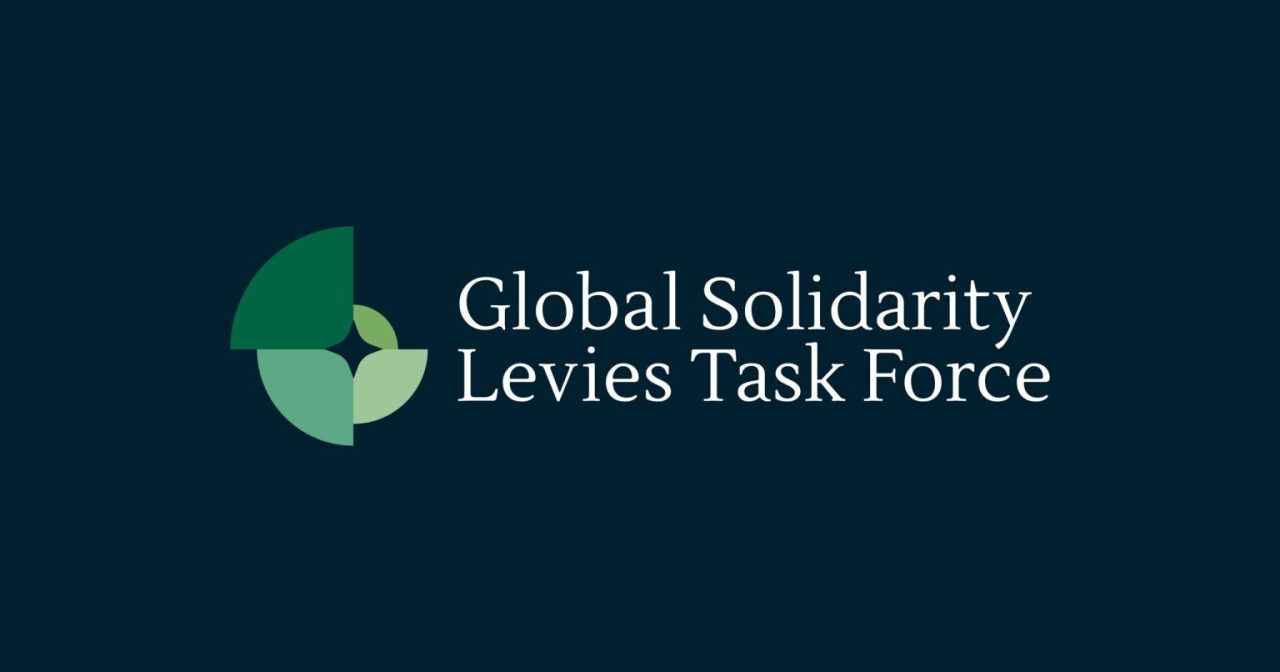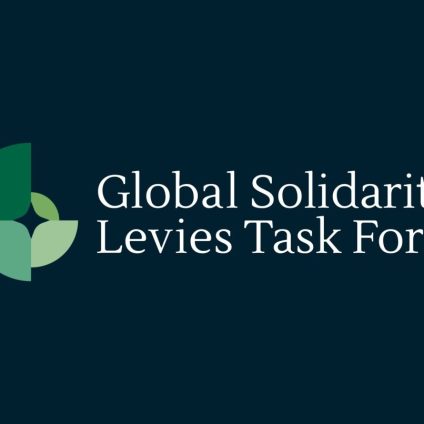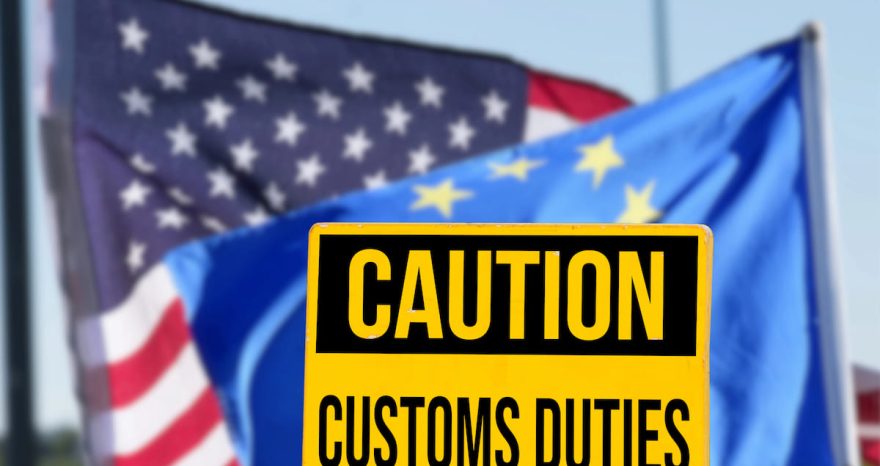The idea of taxing artificial intelligence and cryptocurrencies to fund climate action gains traction among global policymakers ahead of COP30

The logic is the same for both: they consume vast amounts of energy.
A tax on artificial intelligence and cryptocurrencies could help manage the consequences of the climate crisis. The proposal comes from Laurence Tubiana, one of the architects of the Paris Climate Agreement and former French diplomat, now co-chair of the Global Solidarity Levies Task Force. This international initiative aims to find innovative funding mechanisms to combat climate change.
The Global Solidarity Levies Task Force, an independent group established after COP28, includes international experts working to propose new strategies for generating hundreds of billions of dollars annually to fight global warming. Its final recommendations for international levies, which could help finance global climate efforts, are expected at COP30 in 2025.
Why tax artificial intelligence and cryptocurrencies?
As reported by The Guardian, Tubiana explained that “it could be a first step. The rationale is the same, because both rely heavily on energy resources. Cryptocurrencies appear to be almost entirely unregulated, and they are certainly a concern from a financial stability perspective.”
To put this in perspective, the energy used to mine bitcoin – one of the most widespread cryptocurrencies – is equivalent to the annual electricity consumption of Poland. Similarly, electricity usage by AI-related data centers is expected to quadruple within the next five years.
Related: Tech giants’ indirect emissions soared 150% due to AI
Taxing AI could be a smart move, but it’s likely to be complicated. Tubiana acknowledged that IT companies might try to relocate their data centers to avoid levies. The United States, especially under President Trump’s pro-technology stance, might resist such measures. Still, central banks have shown interest in the discussion.
Cryptocurrencies also pose risks beyond energy use. They are frequently used by criminal and terrorist organizations, raising questions about the origin of funds and who benefits. The task force has already instructed its expert group to develop a detailed plan.
Early success for the Global Solidarity Levies Task Force
The task force recently achieved a significant milestone: an agreement among several countries to impose new fees on first-class and business-class airline tickets and private jets. France, Spain, Kenya, Barbados, Somalia, Benin, Sierra Leone, and Antigua and Barbuda were the first to join the initiative announced in late June.
However, ACI Europe and A4E—major European airport and airline associations—have strongly opposed the plan.
French president Emmanuel Macron, on the other hand, voiced his support: “We must rally more countries so that these critical sectors, which benefit from globalization, contribute to financing our shared effort for the climate.”












